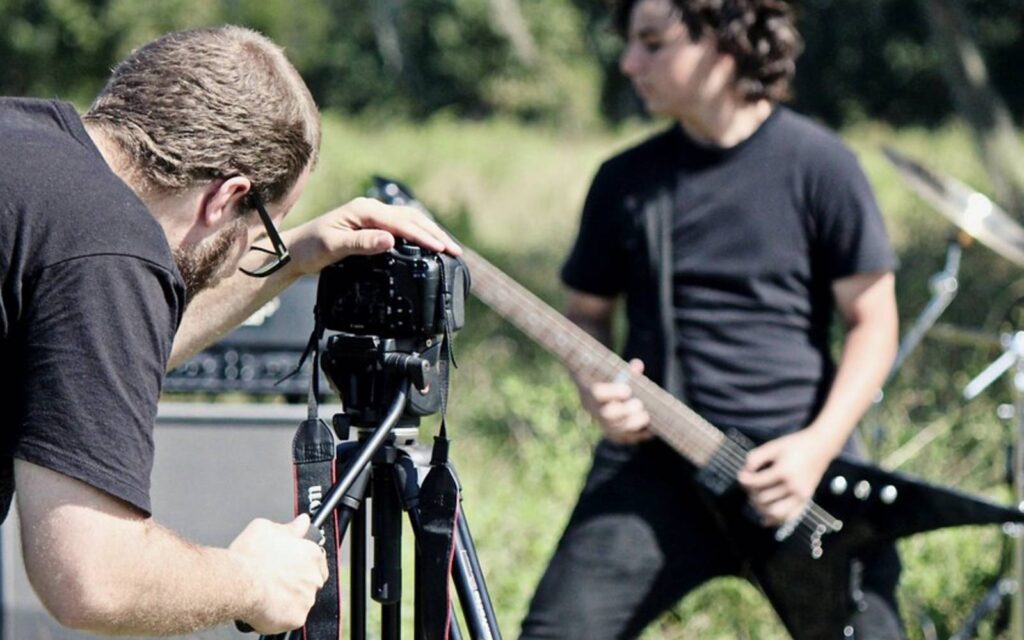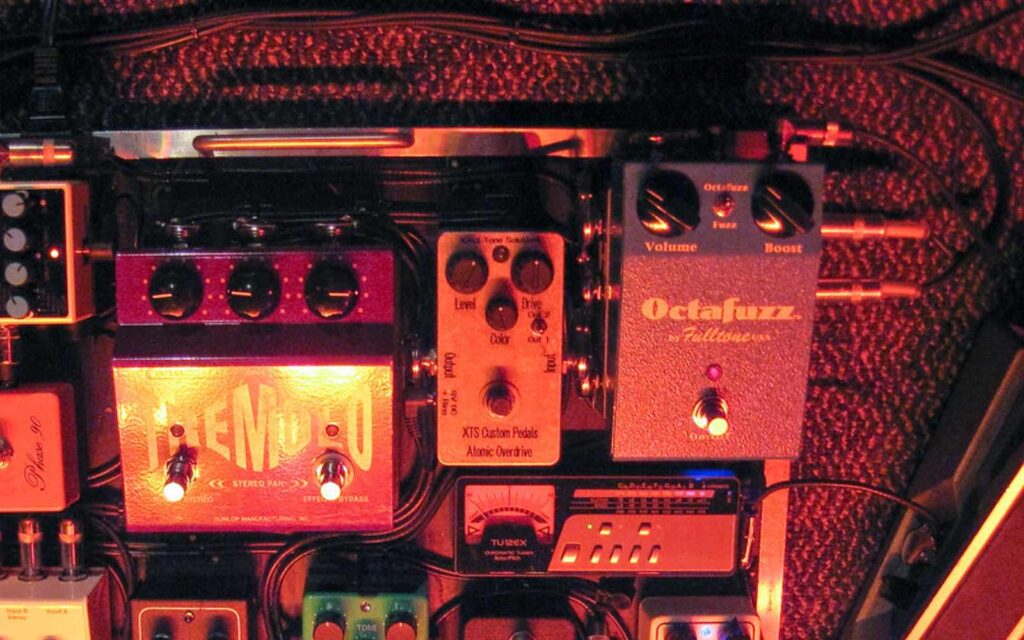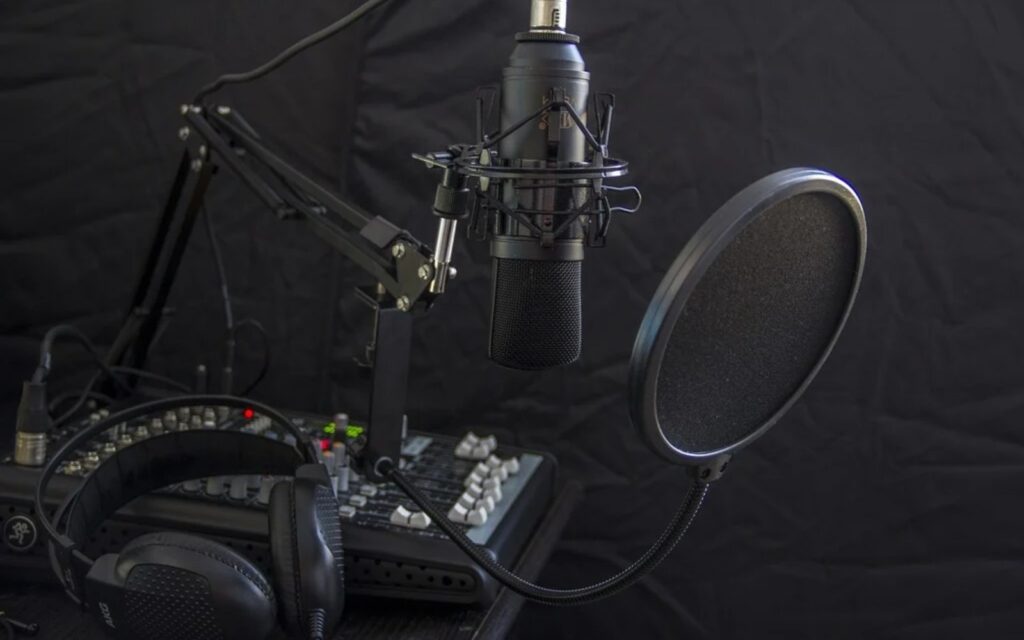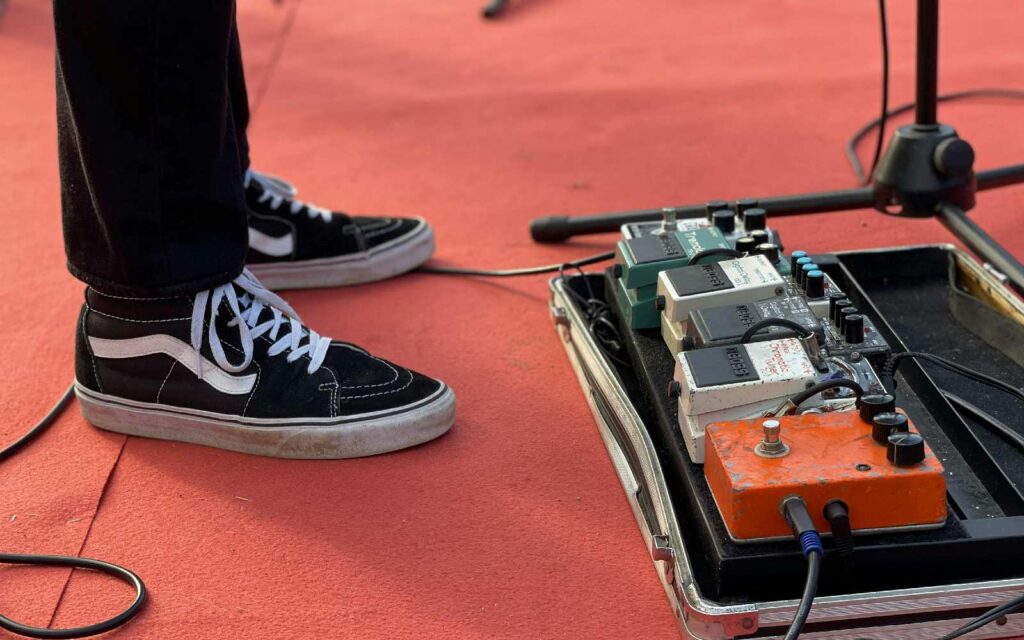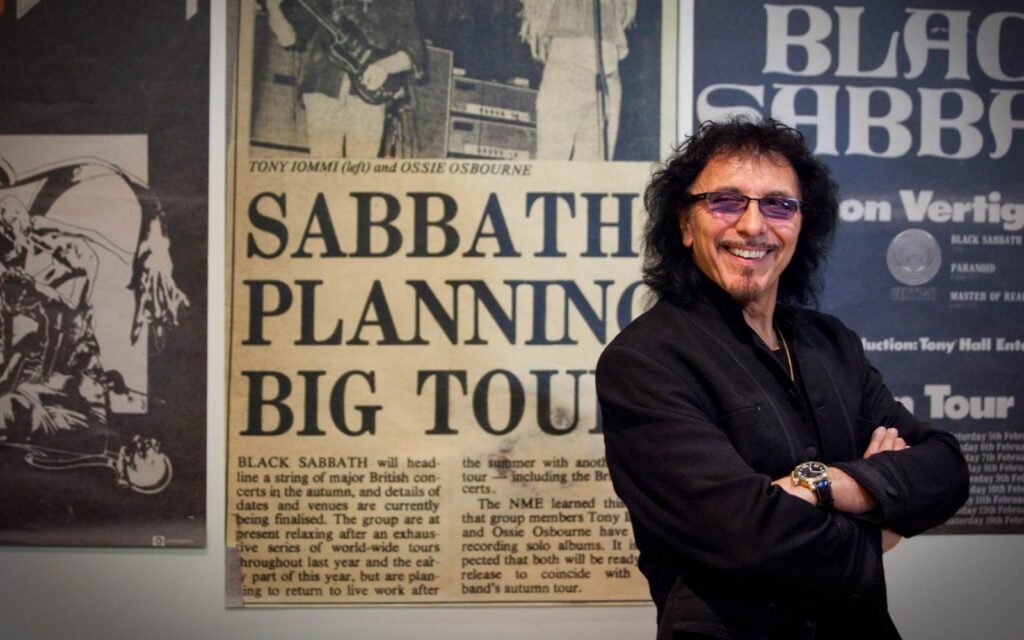There’s absolutely nothing worse than feeling like you’re stuck in a rut as a live performer.
Your live show is what all this work has been about! Being onstage and feeling like you’re microwaving the same eight songs – often with the same eight people in attendance – every night can be a bit of a drag and can even lead you to lose faith in your band’s chemistry or your own prowess as a performer.
But don’t fret – unless that’s your job in the band, of course. Whether it’s injecting a new approach into your rehearsal process or even finding fresh ways to deal with your nerves before you hit the stage, there’s always things you can do to improve on your live performance.
Today, we’re looking at a few key do’s and dont’s that you can try out to take your live show to a new level in 2025.
DO: Maintain a professional rehearsal ethic
It’s mind-boggling how many performers take the piss during rehearsal. Sure, have fun, but remember what you’re there for – and what you’re likely paying for. Head in with a sound understanding of all your parts and what’s required from you, make sure you’re focusing on key areas of improvement, and for the love of God, STOP NOODLING when one of your bandmates is trying to raise something important.
Read all the latest product & music industry news here.
However, remember that too much practise is possible, and you don’t want to cook yourself by putting in eight hour blocks every day before your show. Make sure you and any bandmates are taking adequate breaks, staying fed and hydrated, and engaging in productive, positive discussions about what you’ve been working on. Any niggles? Sort them out BEFORE you get onstage.
DO: Make sure you iron out any kinks
Playing the songs properly is one thing, but creating a memorable set with no lulls is another. You shouldn’t just be looking to play through your whole set without any bung notes – you want to be aiming to make it the most memorable show you could possibly deliver.
This includes proper set-list or stage planning, nailing any possible transitions or instrumental sections of your set, even having some kind of idea as to what you’ll say in between songs (as long as you’re not reading from a script!)
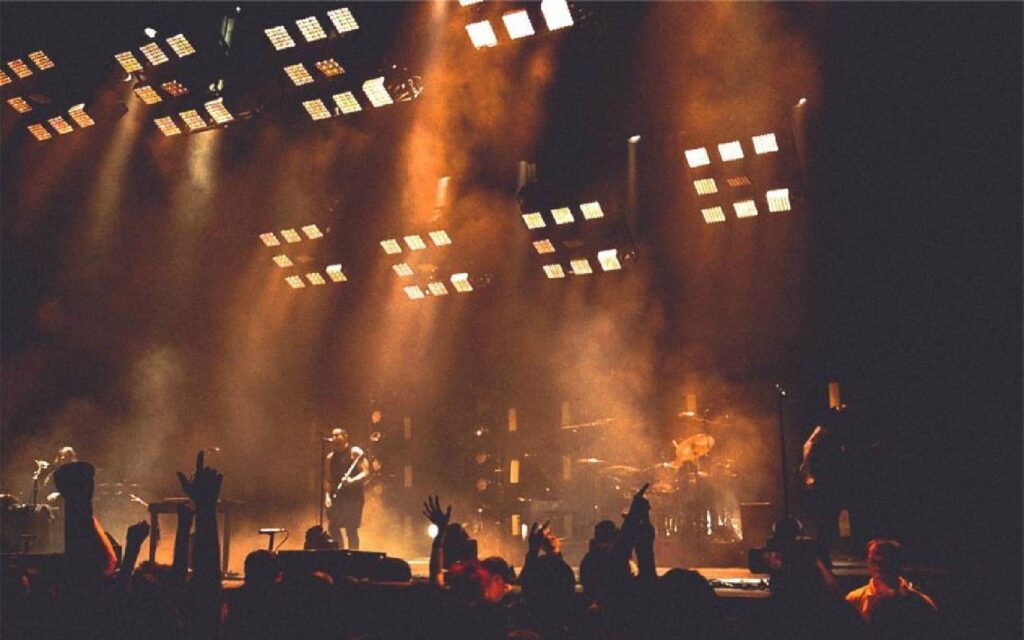
Also, make sure you’re keeping the promoter and sound tech in the loop with everything you’re planning. If there are any problems with your show, it’s likely it’ll be the sound tech troubleshooting them, so maintain proper communication channels with them before and during your show for the best results.
DON’T: Faff around with your gear
We all love buying new pieces of gear, plugins, or tinkering with an Ableton session. But please – leave any experimentation until after you’ve played your show! The easiest way to derail your setlist is by introducing something foreign into it, whether that’s in the form of a different pedal, last-minute cover song, new guitar or something else.
Further to that, if you’re going to make any adjustments to your instruments before a show, try to keep some kind of regimen to it. You know that your guitar isn’t going to keep tune if you chuck a new set of strings on it two hours before you hit the stage; get that out of the way in the days leading up to your set so you’ve got some sense of familiarity with what’s new.
DON’T: Get too hammered before playing
It’s very easy to indulge in a few drinks in the long, long hours that sit between soundcheck and stage time. We’ve all been guilty of having a few too many beers to quell our pre-show nerves, only to get up onstage to find your performance is sloppy and your head is swimming. A loose, boozy show can be a lot of fun sometimes – but if you want to make a career out of playing music, it’s probably best not to make a habit of it.
While we’re on this point, remember to take some time out of your pre-show routine to warm up before your live show kicks off. It’s good to socialise with your mates before a gig, but it’s even better to run through a few vocal warm-ups or scales to make sure you’re feeling tight and ready to rock.
DO: Engage with the crowd…
Performance anxiety is a real affliction. It’s important to focus on all aspects of your own performance, but not at the expense of the audience. They’ve paid to see you play, so do your best not to stare at your pedals or into the void while performing to them!
If you’re up for it, engage in a bit of banter with the crowd between songs, or even ham up your performance at times to give them some energy to feed off. Whether you’re playing to 1,000 fans or 11, you’re being paid to perform, not just play, so do try put a little bit of pizzazz into what you’re doing. However…
DON’T: Let them get to you
We all have a bad show from time to time. Sometimes, no one will show up to your gig, or you’ll have a room full of hecklers who just want to get under your skin and elicit a response from you while onstage. Try your best to keep a cool head, and don’t take any potshots at those rowdy patrons (or lack thereof) if you’ve got a mic in hand.
In the situation you do play a show where there’s less than ten people in attendance, don’t sweat it. It happens to all of us at some point. Just try to treat your gig like a dress rehearsal. Give it your best, deliver a knockout performance, and enjoy your time up there with your bandmates. Hopefully, you still get a kick out of performing with a solid sound system, and you’ll be able to take away a few things to work on for next time.
DO: Undertake a post-show evaluation
One of the most underrated parts of taking your live show to a new level, taking the time to evaluate your live show is crucial to improvement. As a band, you should be aiming to get together in person or over group chat to talk about what went well, what songs hit the hardest, what songs fell flat and what you can work on for next time, ideally while the gig is still fresh in your mind.
Adding to this, do ask your mates or other attendees in the crowd what they thought about the set. It’s often the feedback from those who are less musically inclined that will help you the most! Receiving a post-show review from someone impartial will prove to be incredibly beneficial towards working towards something that’s objectively better next time – especially if it’s an honest appraisal.
DON’T: Forget to have fun
An obvious one, but one that still warrants reminding. It’s important to bring your best self to any gig or rehearsal scenario, and to keep things as professional as possible whenever you can if you’re looking to make a living from music. But don’t do that at the expense of having fun.
Keep it light, have a smile and a laugh with your bandmates, and remember the reason why you’re doing this in the first place. Besides, anyone can tell when you’re not having fun on stage – more so than whenever you might make a mistake. Remember that, and it’ll all turn out fine.


